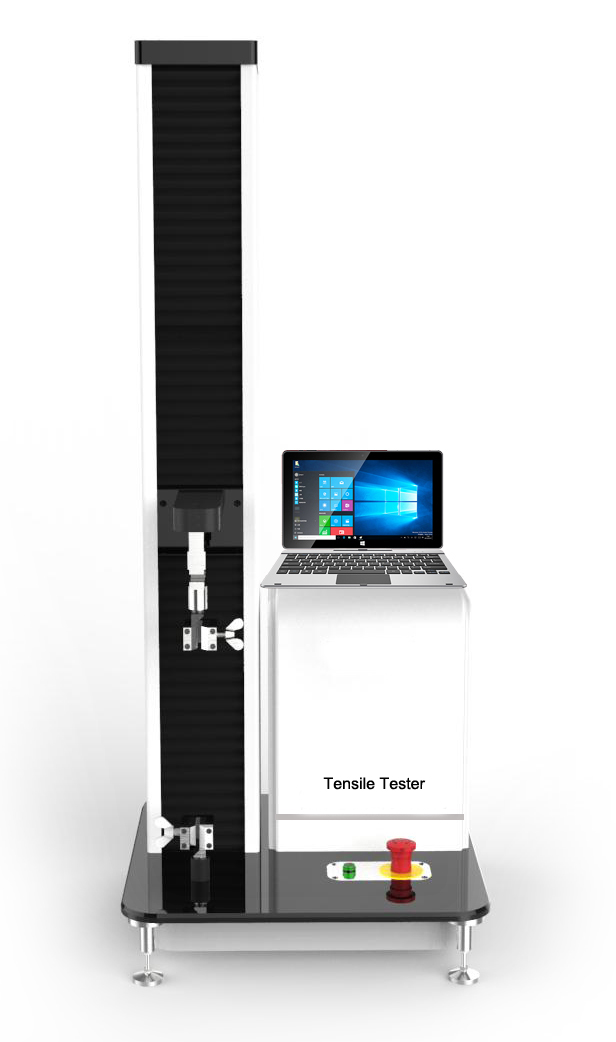Testing laboratories should adhere to specific quality standards to ensure the accuracy, reliability, and consistency of their testing processes and results.
Here are some of the key quality standards that testing laboratories may follow:
ISO/IEC 17025: This is the international standard for testing and calibration laboratories. It outlines general requirements for the competence, impartiality, and consistent operation of laboratories. ISO/IEC 17025 covers areas such as personnel competency, equipment calibration, testing procedures, quality management systems, and reporting of test results.
ISO 9001: This standard focuses on quality management systems and applies to a wide range of industries. ISO 9001 sets requirements for the organization’s ability to consistently provide products or services that meet customer and regulatory requirements. It covers aspects of quality control, customer satisfaction, process documentation, and continual improvement.
ASTM International Standards: ASTM International develops and publishes voluntary consensus standards for various industries, including materials testing, product performance, and packaging. Laboratories may adhere to specific ASTM standards relevant to their testing services, such as ASTM D4169 for shipping container performance testing or ASTM F88 for seal strength testing.
ISTA (International Safe Transit Association) Standards: ISTA develops standards for packaging design, testing, and performance. Laboratories performing packaging testing may follow ISTA test procedures and protocols to evaluate the ability of packages to withstand handling, transportation, and storage conditions.
GLP (Good Laboratory Practice): GLP is a quality system concerned with the organizational process and conditions under which non-clinical health and environmental safety studies are planned, performed, monitored, recorded, reported, and archived. GLP ensures the integrity and reliability of data generated in testing laboratories, particularly in areas such as pharmaceuticals, chemicals, and environmental studies.
GMP (Good Manufacturing Practice): GMP is a set of regulations and guidelines that govern the production and quality control of pharmaceuticals, medical devices, and other products. Testing laboratories involved in quality control and testing of pharmaceuticals often adhere to GMP requirements to ensure the safety, efficacy, and consistency of the tested products.
These are just a few examples of quality standards that testing laboratories may follow. The specific standards applicable to a laboratory depend on the nature of their testing services, industry requirements, and regulatory frameworks. When selecting a testing laboratory, it’s important to inquire about their adherence to relevant quality standards and certifications to ensure the reliability and credibility of their testing processes and results.
What are some other industry-specific standards that testing laboratories may follow?
Testing laboratories may follow industry-specific standards based on the specific sectors they serve. Here are some examples of industry-specific standards that testing laboratories may adhere to:
Automotive Industry: Laboratories involved in automotive testing may follow standards such as ISO 17020 (inspection bodies), ISO 26262 (functional safety of electrical and electronic systems), ISO 16750 (environmental conditions and electrical testing for automotive electrical and electronic components), or various standards developed by organizations like SAE International (Society of Automotive Engineers) and ASTM International.
Aerospace Industry: Testing laboratories serving the aerospace industry may adhere to standards such as AS9100 (quality management system for aerospace), Nadcap (National Aerospace and Defense Contractors Accreditation Program) for specific processes like materials testing or non-destructive testing, or standards developed by organizations like ASTM International and SAE International.
Food and Beverage Industry: Laboratories involved in food and beverage testing may follow standards such as ISO 17025 with specific accreditation for food testing, ISO 22000 (food safety management systems), HACCP (Hazard Analysis and Critical Control Points), or relevant guidelines and standards developed by organizations like AOAC International (Association of Official Analytical Chemists) or FDA (Food and Drug Administration).
Pharmaceutical Industry: Testing laboratories in the pharmaceutical sector may adhere to standards such as Good Laboratory Practice (GLP), Good Manufacturing Practice (GMP), USP (United States Pharmacopeia) standards for specific tests and methods, seal strength test suppliers ICH (International Council for Harmonisation of Technical Requirements for Pharmaceuticals for Human Use) guidelines, or specific regulatory requirements of authorities like FDA or EMA (European Medicines Agency).
Environmental Industry: Laboratories engaged in environmental testing may follow standards such as ISO 17025 with specific accreditation for environmental testing, EPA (Environmental Protection Agency) regulations and methods, ASTM International standards for specific environmental tests, or regional and national regulatory requirements for water, air, soil, or waste analysis.
Construction Industry: Testing laboratories serving the construction industry may adhere to standards such as ASTM International standards for materials testing, AASHTO (American Association of State Highway and Transportation Officials) standards for transportation infrastructure testing, or specific building codes and regulations established by local authorities.
These are just a few examples, and there are numerous industry-specific standards and guidelines that testing laboratories may follow depending on their area of expertise and the industries they serve. It’s essential for testing laboratories to be aware of and comply with the relevant industry-specific standards to ensure the accuracy, reliability, and compliance of their testing services.
